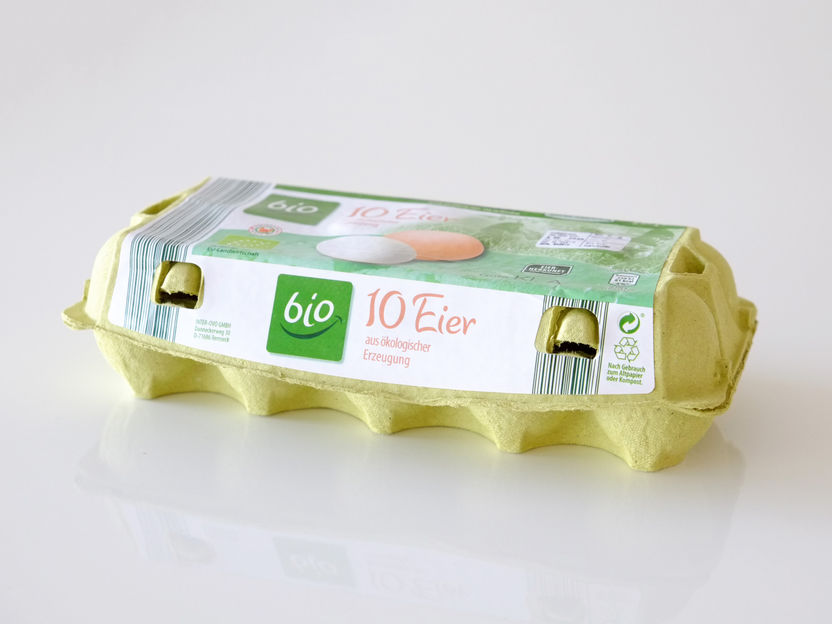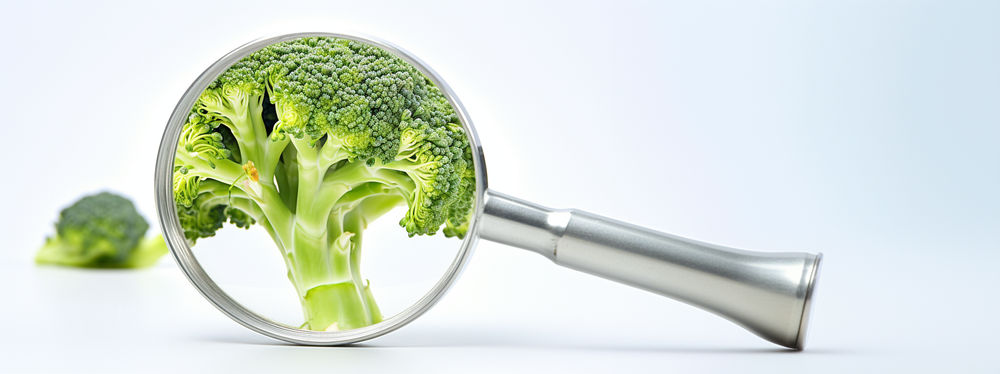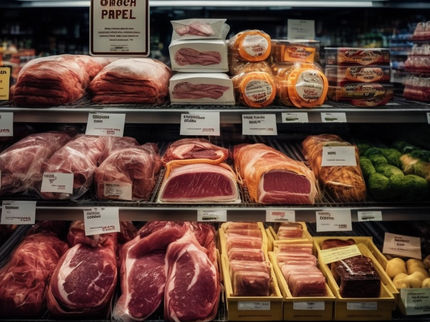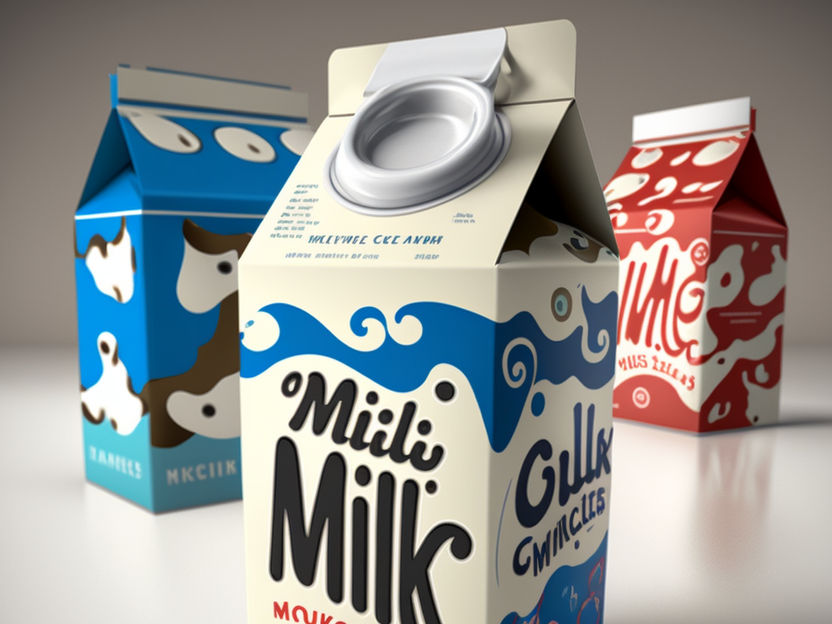Aldi stops selling eggs in Germany over toxic insecticide scandal
Advertisement
Supermarket giant Aldi on Friday said it was pulling all eggs off shelves and stopping sales nationwide in Germany, following a scandal over eggs contaminated with a toxic insecticide banned from use in the production of food for human consumption.

yumda
Aldi, a discount chain, said in a statement that removing the eggs was a "pure precaution" to provide consumers with "clarity and transparency," although there was no evidence of actual contamination in their produce.
Nearly all of Germany's 16 states, except for Saarland and Saxony, have been affected by the tainted eggs scandal, which became public this week when eggs from Dutch and Belgian farms were found to contain high levels of the insecticide fipronil.
Fipronil is a common ingredient in veterinary products for getting rid of fleas, lice and ticks in animals. It is banned from use on animals destined for human consumption. It can cause damage to the liver, thyroid glands and kidneys if consumed in large quantities.
Aldi has so far taken the most drastic action. Another supermarket chain, Lidl, said that it would only buy eggs tested for fipronil in the future. Other chains in Germany, such as Rewe and Edeka, said that for now they would wait and watch.
Responding to Aldi's decision, the German Farmers' Association said that pulling all eggs from shelves was "an excessive reaction at this point in time." Meanwhile, the Dutch Federation of Agriculture and Horticulture (LTO) said that Dutch poultry farmers will record losses of at least 10 million euros (11.9 million dollars) as a result of the scandal. The Netherlands produces some 10 billion eggs per year, 60 to 70 per cent of which are exported mainly to Germany. About a million eggs destined for German consumers were recalled from the border with the Netherlands this week.
However, the agriculture minister in the German state of Lower Saxony, Christian Meyer, said on Friday that 10 million contaminated eggs might have reached Germany. Meyer said that experts were currently examining whether chicken and products containing eggs could also be contaminated. CVUA-MEL, the German agency tasked with testing the eggs, said it "stands to reason" that products containing eggs are affected by the contamination scandal.
However, Peter Fuerst, the head of the agency, said there was "no reason (for consumers) to panic." As a precautionary measure, Switzerland's largest supermarket chain Migros said on Friday that it had recalled all imported eggs contaminated with fipronil. The affected batches were pulled from shelves, the company announced in Zurich, cautioning that there was no health risk at present.
Toxic eggs were also sent to Sweden, the authorities said on Friday after being informed about it by the European Commission. A wholesaler had imported the eggs from the Netherlands and they reached Sweden on Thursday.
Swedish authorities were now trying to trace the contaminated eggs, in order to stop sales and order recalls. (dpa/ Friederike Heine and Annette Birschel)
Other news from the department business & finance
Most read news
More news from our other portals
See the theme worlds for related content
Topic world Food safety
Food safety is at the heart of the food and beverage industry. It ensures that the food we eat every day is not only nutritious, but also free of harmful contaminants. From field to plate, the industry monitors and regulates every step of the process with strict quality controls, advanced testing methods and continuous research.

Topic world Food safety
Food safety is at the heart of the food and beverage industry. It ensures that the food we eat every day is not only nutritious, but also free of harmful contaminants. From field to plate, the industry monitors and regulates every step of the process with strict quality controls, advanced testing methods and continuous research.

























































